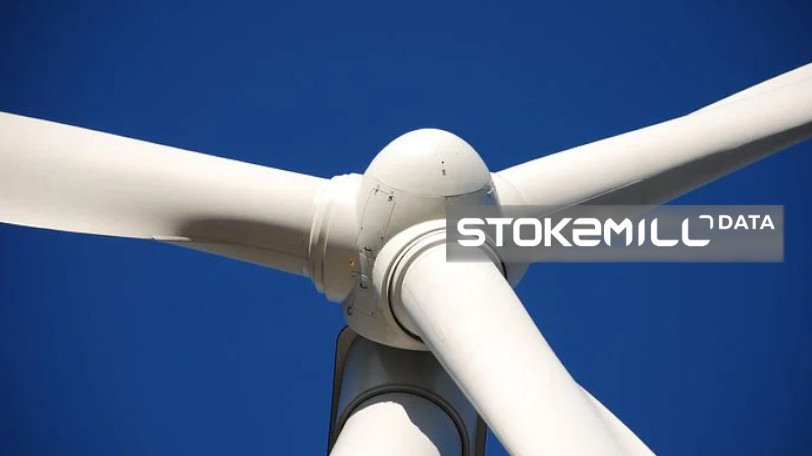Europe and America seen developing sizeable initiatives
Two major initiatives on both sides of the pond may unleash a decade of hefty investments in renewable energy
The combined impact on the renewable industry of the European Green Deal and the Clean Energy for America Act, which has just cleared the Senate may soon prove to be notable. With financing envelopes of €600 bio and $370 bio respectively, this renewed fervour in renewable energy could well unleash a decade of renewable investments...food for thought as it were...in particular as the US text has yet to be signed into law.
How are the new laws and initiatives going to spur Cleantech as a high growth sector?
With rising interest rates amid high residual inflation, NPV calculations on some Cleantech stocks may not always look rosy...but it may well be that the more established renewable energy players (which include solar, wind power, blue hydrogen, hydroelectric) could benefit. The situation for bioenergy (bioethanol, biodiesel and biogas) may not be clear after the costs of fertiliser and energy soared, lifting agricultural commodities' prices in the first half of the year. Here we're thinking of disruptions in vegetable oil production and trade in Ukraine, disrupted corn shipments because of the war, or a temporary export ban of palm oil by the government of Indonesia. How will the bioenergy sector fare this year?
e-pure, the renewable European ethanol association is comforted by a fresh vote in the status quo
"The European Parliament took a positive step today on EU renewable energy policy as ITRE Committee members voted decisively in favour of increasing the ambition for GHG emissions reduction in transport and allowing Member States to continue using a limited amount of crop-based biofuels in their transport energy mix". The European Biodiesel Board (EBB) fully agrees on its website. As the press release further states: "ITRE members signalled that sustainably produced crop-based biofuels do play an important role in transport decarbonisation – today and tomorrow. This is certainly an improvement over the misguided approach toward agriculture taken by the ENVI committee, which would severely reduce the cap on crop-based biofuels and create a gap in the transport energy mix that would have to be filled by imported fossil fuel. Now it will be up to the full European Parliament to decide in plenary in September on a final position. With so much at stake on the issues of increasing both EU energy and feed & food autonomy as highlighted in the EU Council declaration, it is clear the Parliament needs to recognise the potential of sustainable crop-based biofuels as an important component of EU renewable energy policy and a key provider of EU protein-rich co-products for feed use until 2030 and beyond".
Keywords: renewable industry, European Green Deal, Clean Energy for America Act, renewable energy, interest rates, inflation, Cleantech, renewable energy players, solar, wind power, blue hydrogen, hydroelectric, bioenergy, bioethanol, biodiesel, biogas, fertiliser, energy, agricultural commodities, prices, vegetable oil, Ukraine, corn, export ban, palm oil, Indonesia, European Parliament, EU renewable energy policy, GHG emissions, transport, crop-based biofuels, e-pure, Renewable European Ethanol, EBB, European Biodiesel Board, sustainably produced, transport decarbonisation, fossil fuel, EU energy, feed & food autonomy, EU Council, protein-rich co-products


